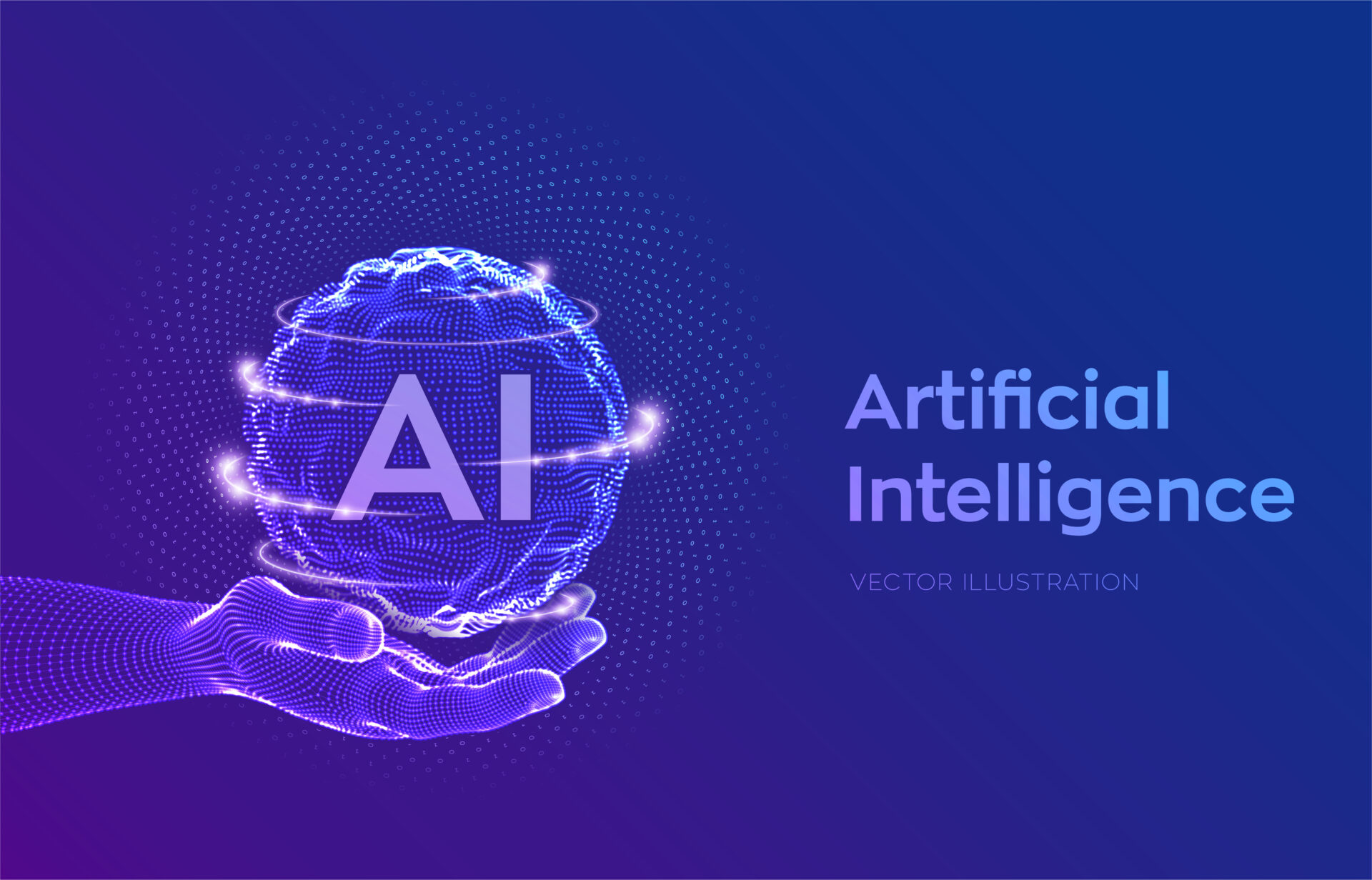Table of Contents
In 2025, artificial intelligence (AI) is no longer a science fiction idea—it’s an invisible power that influences our daily lives in subtle, yet powerful ways. From intelligent assistants controlling our homes to AI-powered tools making healthcare, education, and creativity better, the world around us is quietly but irreversibly changing.
So how is AI transforming the way we live, work, and interact in 2025? Let’s take a closer look at the role of AI in our daily routines—and what it holds for the future.
AI Has Invaded Our Homes
Previously confined to novelty devices, AI today is a fixture in almost every contemporary home.
In 2025, AI assists with:
Smart home control: Voice assistants regulate lighting, temperature, and security with predictive accuracy.
Daily routine: AI weaves together calendars, traffic conditions, and reminders into smooth patterns.
Shopping and meal prep: AI fridges provide recipe ideas based on contents, while smart ovens prepare meals to perfection.
AI doesn’t just help—it learns to match our habits, personalizing everything from playlists to shopping lists.
Transforming Healthcare
AI has achieved significant milestones in the healthcare sector. It’s not replacing physicians, but it’s turning into their greatest helper.
In 2025, AI is:
Diagnosing sooner: Machine learning identifies diseases such as cancer at an earlier stage and with greater accuracy.
Health risk prediction: Wearable devices monitor vitals and alert anomalies prior to problems arising.
Mental health assistance: AI chatbots and apps provide 24/7 emotional support and mindfulness training.
This technology-driven care is making healthcare more personalized, accessible, and preventive in nature.
Smart Education
Education in 2025 is no longer One-Size-Fits-All. AI now takes center stage in personalizing the way students learn.
Here’s how
Adaptive learning systems customize lessons according to each pupil’s progress and speed.
Artificial intelligence tutors give immediate feedback, clarification, and even emotional support.
Automation of administration provides teachers more time to teach and interact with students.
The outcome? More active learners, improved results, and fewer gaps in learning.
AI at Work: Increasing Productivity or Undermining Jobs?
Artificial intelligence has transformed the workplace dramatically. Although it’s making many routine tasks redundant, it’s also opening up fresh prospects.
In 2025, AI
Manages data analysis, scheduling, and customer service
Empowers virtual co-workers and inventive brainstorming software
Supports hiring by filtering resumes more equitably (although bias issues still exist)
Yes, some careers have changed—or disappeared—but others in AI ethics, data training, and human-AI collaboration have appeared. The emphasis these days is working smarter, not harder.
AI and Creativity: A New Type of Collaboration
Notwithstanding anxiety, AI hasn’t displaced artists—its empowering them.
From artists employing AI to write harmonies to designers creating breathtaking images in seconds, 2025 is a new world where humans and machines collaborate. Authors employ AI for brainstorming, while movie directors recreate full scenes using virtual actors.
Creativity is no longer time-, tool-, or budget-constrained—it’s enhanced by artificial intelligence.
The Dark Side: Privacy, Ethics, and Dependence
The rise of AI is accompanied by real issues:
Data privacy: Our devices are constantly gathering and processing personal data.
Bias in algorithms: AI can mirror or enhance societal biases if not well controlled.
Tech dependency: As we increasingly depend on AI, are we sacrificing human intuition or critical thinking?
In 2025, discussing AI ethics, openness, and policy is more crucial than ever.
The Bigger Picture: AI and Society
AI is now assisting to deal with global challenges:
- Controlling energy consumption in smart cities
- Enabling disaster relief and climate forecasting
- Improving accessibility for the disabled
In short, AI isn’t revolutionising just individual lives—it’s transforming the way societies work and address challenges.
Last Thoughts: Coexisting with AI in 2025
AI in 2025 is no longer science fiction—it’s quotidian reality. It’s in your pocket, your house, your workplace, and even your healthcare plan. But the question is no longer “What can AI do?”—it’s “How do we want to use it?”Used wisely, AI can make our lives easier, enhance well-being, and liberate creativity. However, it also requires responsibility, mindfulness, and balance.

